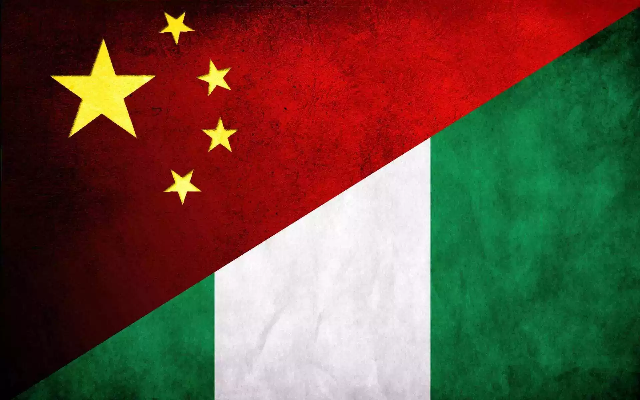On Friday, April 27, 2018, Nigeria announced that it had entered into a currency swap deal with China.
Here are Top 7 facts every Nigerian importer doing business with China should know about the Nigeria-China currency deal.
#1: The Adoption of Yuan As Bilateral trading Currency:
In 2016, Nigeria’s President Muhammadu Buhari led a Nigerian delegation to China. The outcome of that trip opened negotiations between the financial authorities of both countries on adoption of the Yuan as the bilateral trading currency. This deal is a culmination of that negotiation.
Before the Chinese government started taking steps to make the RMB a globally traded currency, international business owners routinely paid Chinese partners in their domestic currency, because it was the only legal option available.
“For decades, if [a foreign small business] was doing business in China, chances are they were making payments in the U.S. dollar because the Chinese government did not allow businesses to be paid in the Renminbi,” says Alfred Nader, Vice President of Corporate Strategy and Development at Western Union Business Solutions.
#2: Improved Economic Co-operation Between Nigeria and China:
China is one of Nigeria’s largest trading partners, with trading volumes between both countries totaling $12.3bn in 2017. This agreement will help to further improve economic cooperation between the two countries.
#3: Ease Of Doing Business:
China is Nigeria’s leading source of imports. This newly signed currency deal will make the Yuan available to importers, who would have faced difficulty sourcing for US dollar to finance their imports from China.
#4: Business Cost Management:
The deal will eliminate the extra cost some Chinese businesses charge foreign businesses that pay in US dollar, as a way of insulating themselves from exchange rate fluctuations.
Chinese businesses charge an extra 3 percent on transactions to buffer the fluctuations in the currency market. This causes local importers to pay more, which is eventually transferred to buyers.
#5: Reduced demand for USD:
This development frees the Central Bank from the constant pressure of providing USD to banks for the purpose of importation, especially from China. Securing this deal will help reduce pressure on the naira.
#6: Selected Nigerian Settlement Banks:
First Bank of Nigeria, Stanbic IBTC, Standard Chartered Bank (SCB) and Zenith Bank Plc are the appointed settlement banks for the bilateral currency swap agreement. With their appointment, the four banks will be responsible for settling the trade transactions between importers and exporters from both countries.
#7: Nigeria Becomes Sub-regional Hub:
Nigeria is being touted to become the trading hub with China in the West African sub-region, for people who want the Renminbi as a currency denomination.
As observers await the takeoff of the currency deal between Nigeria and China, the success of its implementation will depend largely on adherence, monitoring and management of the agreement











